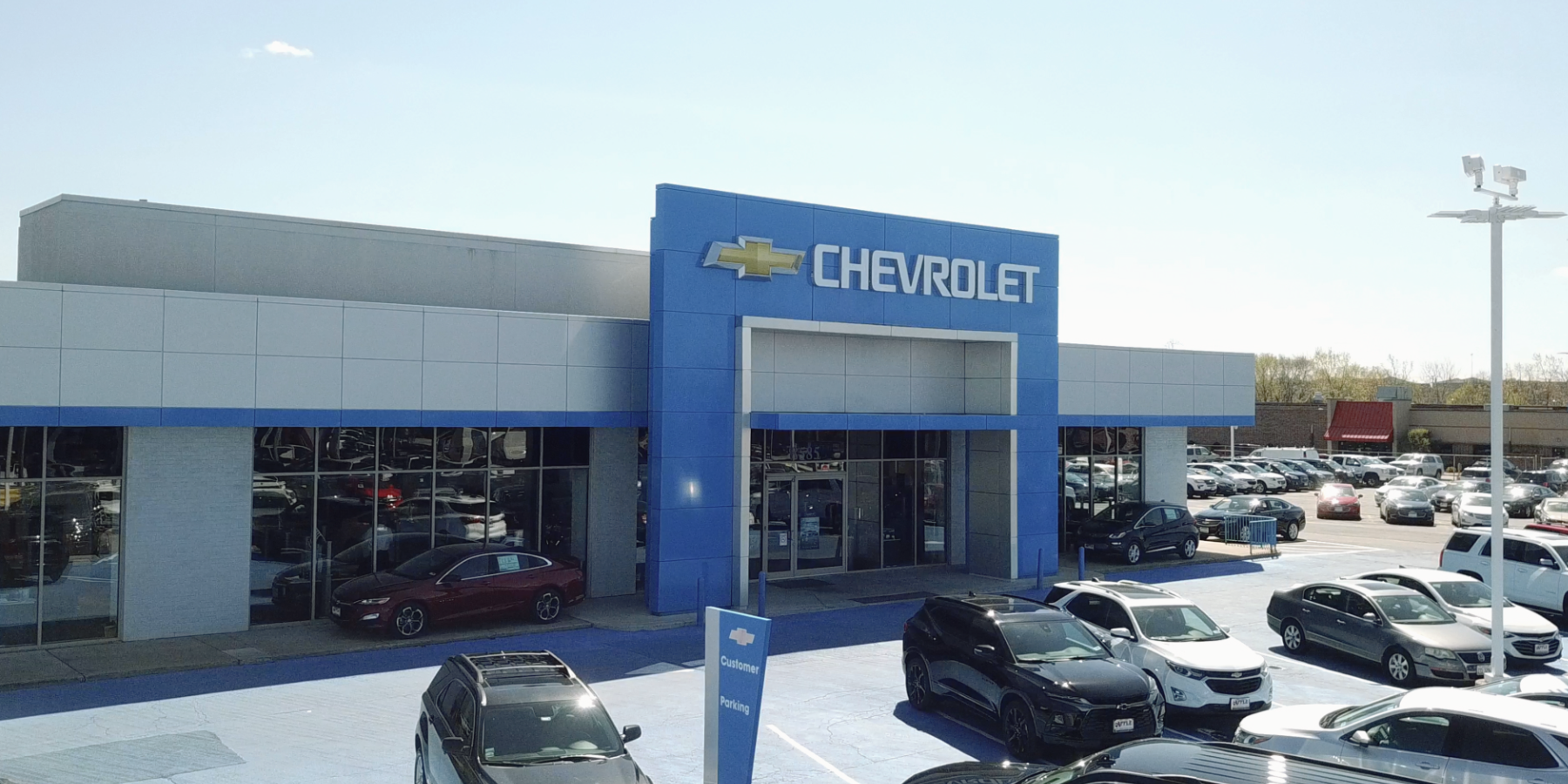NHTSA probes timing of Honda airbag recalls
Neil Roland
Automotive News
November 6, 2009 – 4:18 pm ET
UPDATED: 11/6/09 5:38 p.m. ET
WASHINGTON — Honda Motor Co.‘s recalls of 444,000 Accord and Civic vehicles for potentially lethal airbag defects are under investigation by federal safety regulators.
The National Highway Traffic Safety Administration said it wants Honda and Takata Corp., the airbag supplier, to help explain why the automaker didn’t include vehicles from the second recall in the earlier one nearly eight months before.
The agency “requires additional information from Honda and Takata to more fully evaluate the scope and timeliness” of Honda’s recalls for the same defect, NHTSA said in a posting today on its Web site.
NHTSA, a Transportation Department unit, opened the investigation Monday, Nov. 2, according to the posting.
Honda denied any wrongdoing and said it would cooperate with NHTSA’s probe.
“The initial range of recalled vehicles was based on a relatively small sample of problematic airbag deployments,” Honda spokesman Chris Martin said. “It took some further customer reports of airbag deployments for us to be able to look back and say, these vehicles are not in the lot we identified but have the same problem.”
A spokesman for Takata, which is still Honda’s airbag supplier, did not respond to a request for comment.
The automaker’s first recall, in November 2008, involved 3,940 Accords and Civics from the 2001 model year.
The second recall, in June, involved more vehicles of the same models and year.
Honda expanded the second recall in July to include certain 2002 Accords and Acuras. In all, the second recall totaled 440,000 vehicles.
Honda has said the airbag inflator can rupture from too much internal air pressure, sending metal fragments through the airbag and hitting vehicle occupants. The company has acknowledged one death and multiple injuries from the defect.
Supplier issues
After Honda’s July expansion of its second recall, NHTSA asked the company why it “did not include the current population” in the first recall and “to evaluate the timeliness” of its more recent recall.
Honda blamed the defect on Takata unit TK Holdings.
Honda thinks the cause may be “related to a specific production process at a TK Holdings Inc. facility that manufactured and formed the propellant,” American Honda Motor Co. managing counsel William Willen said in a Sept. 16 letter to NHTSA.
In the letter, Honda said it decided which vehicles to include in the first recall based on information TK Holdings provided.
The letter said Honda thinks its recalls have accounted for all defective vehicles “based on our current understanding of the causal factors and the characteristics of suspect inflators as determined by TK Holdings.”
The car company said it also recently learned of an “unusual deployment” in May 2004 that it is now reviewing.
Letter had ‘incorrect assumptions’
Honda’s letter included an attachment of a Takata analysis of the defect that led to the first recall. Some of the information in the Takata review “was later found to contain incorrect assumptions,” Honda’s letter said.
The contents of the 36-page Takata study were completely blacked out on the NHTSA Web site, at Honda’s request.
NHTSA’s statement today did not say whether its investigation was triggered by any dissatisfaction with Honda’s responses to its questions.
A NHTSA spokesman declined to comment.
The Honda investigation follows other much larger recalls by Toyota Motor Corp. and Ford Motor Co. in recent weeks.
To review the filing, go to www-odi.nhtsa.dot.gov.
You can reach Neil Roland at nroland@crain.com.

